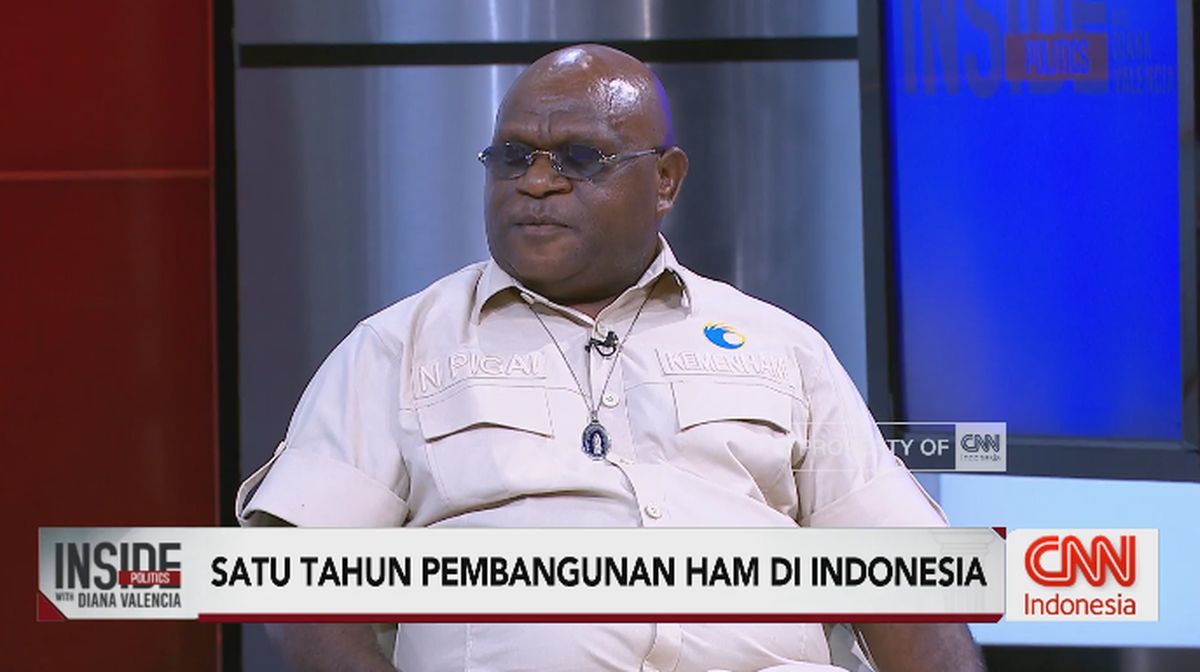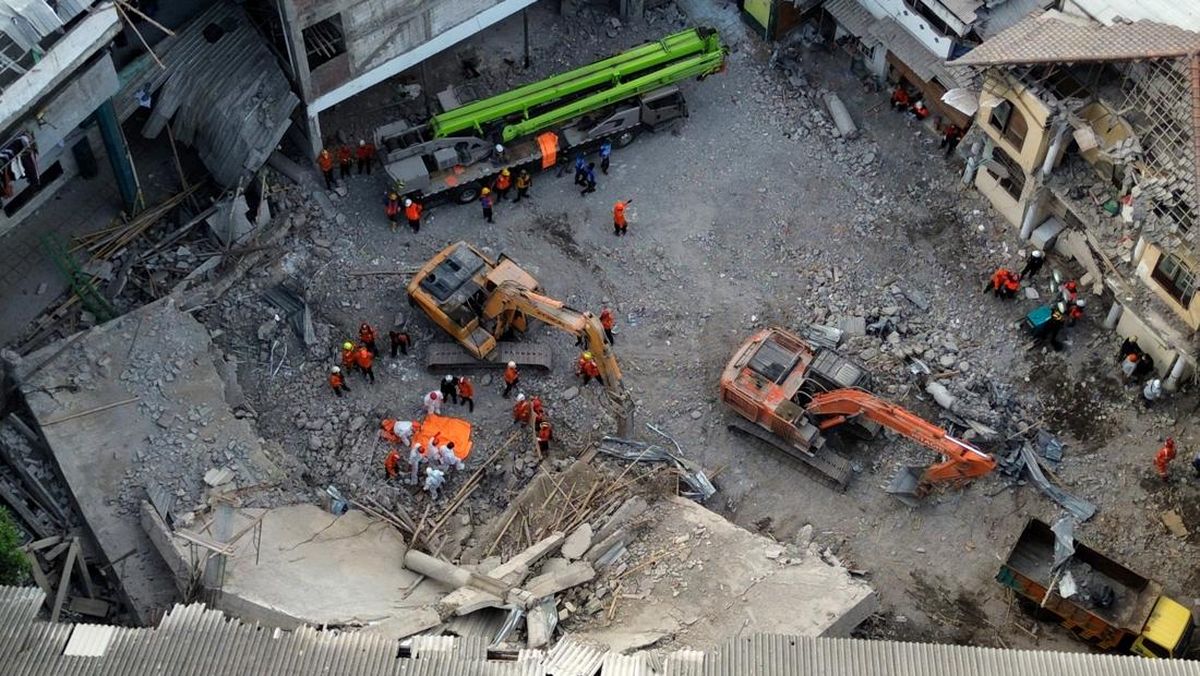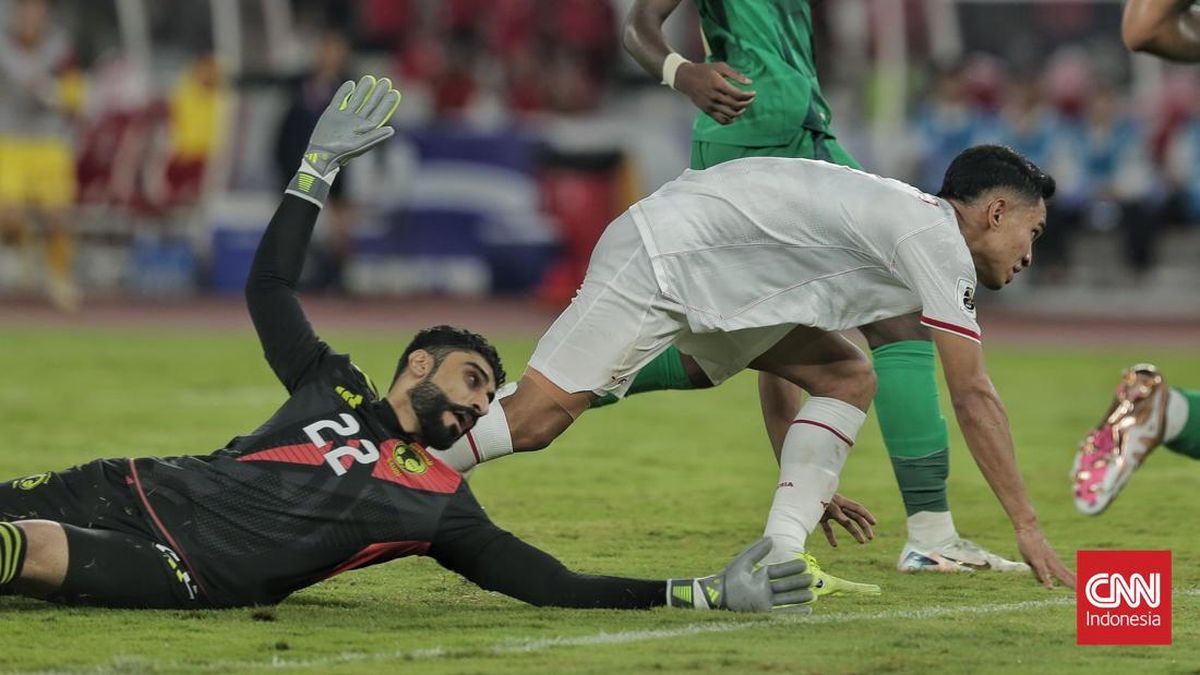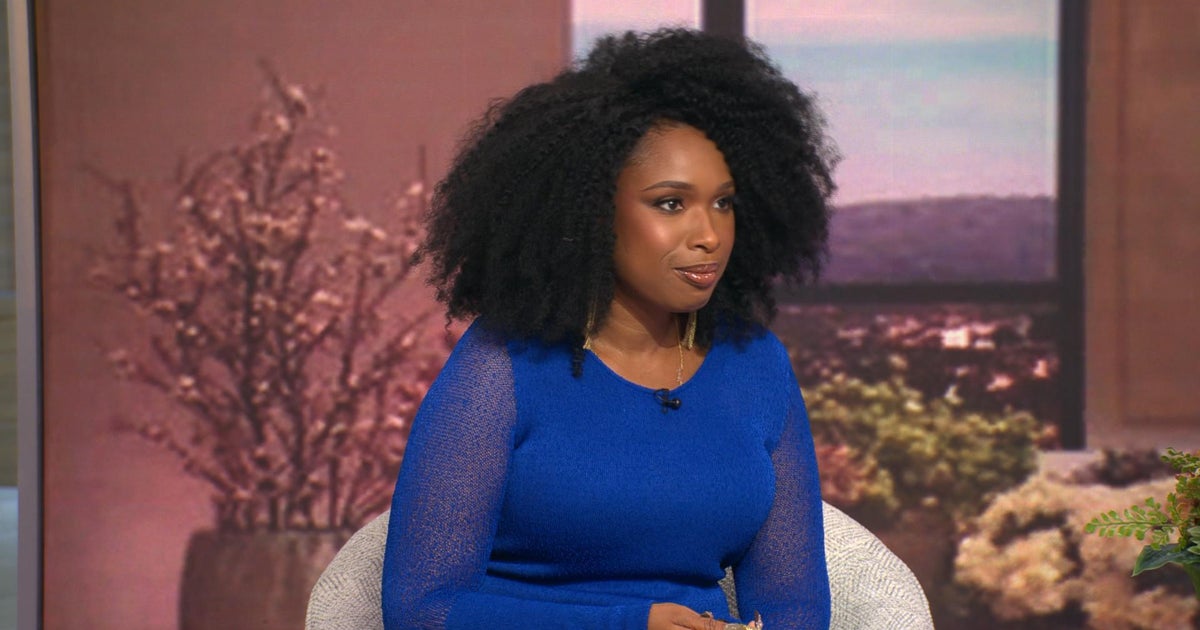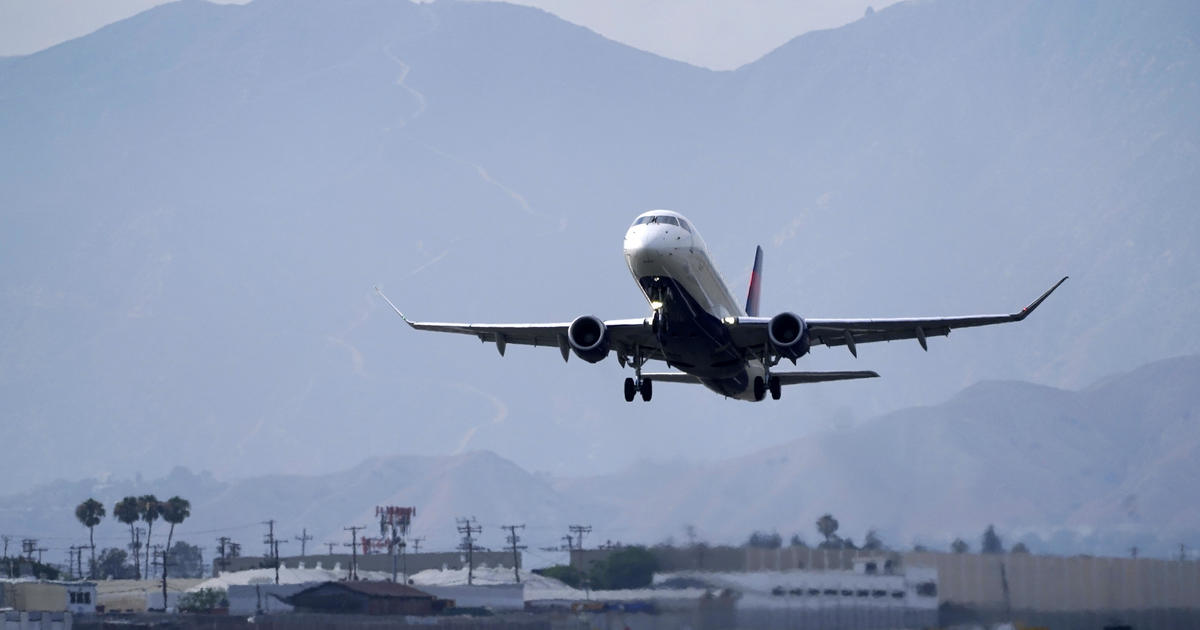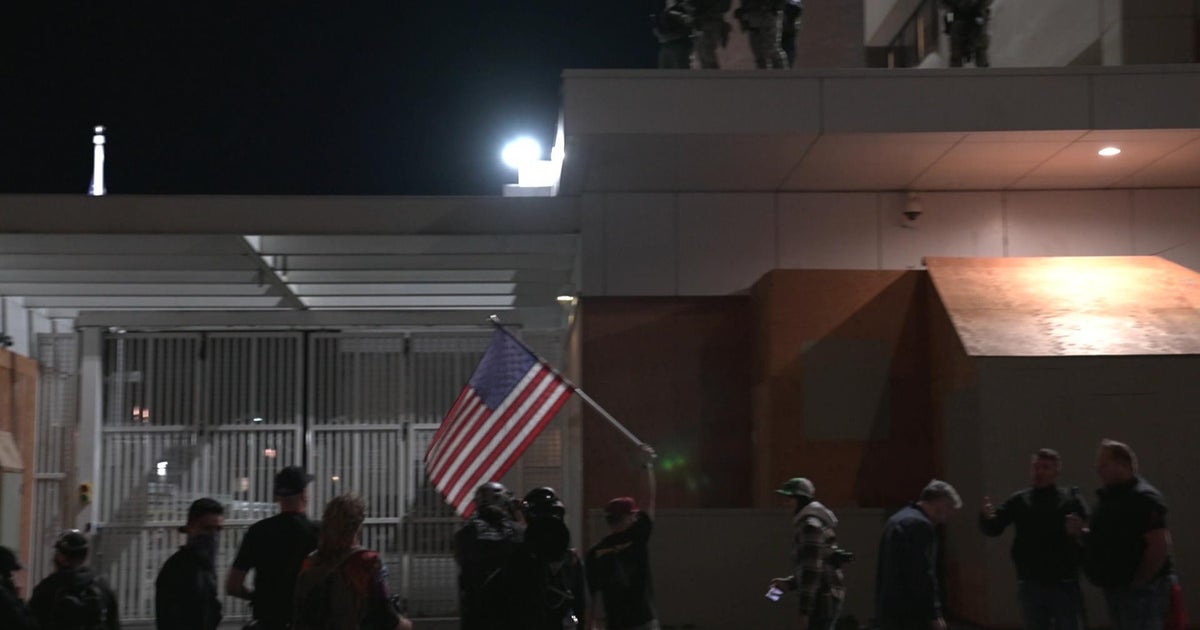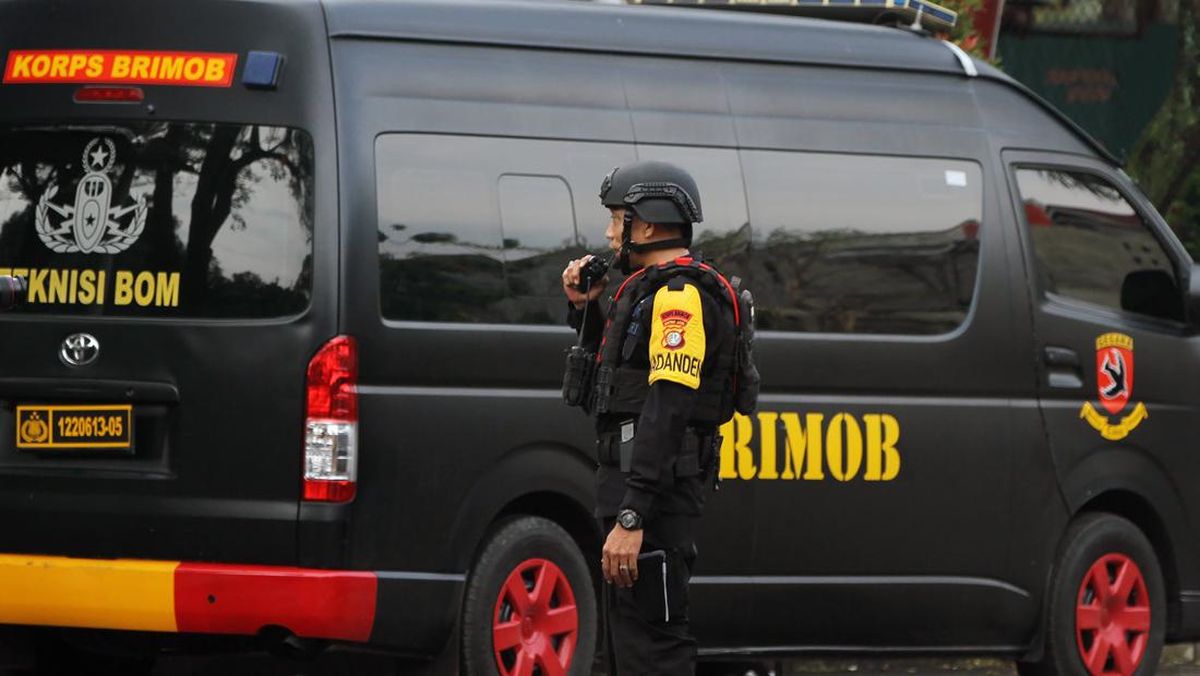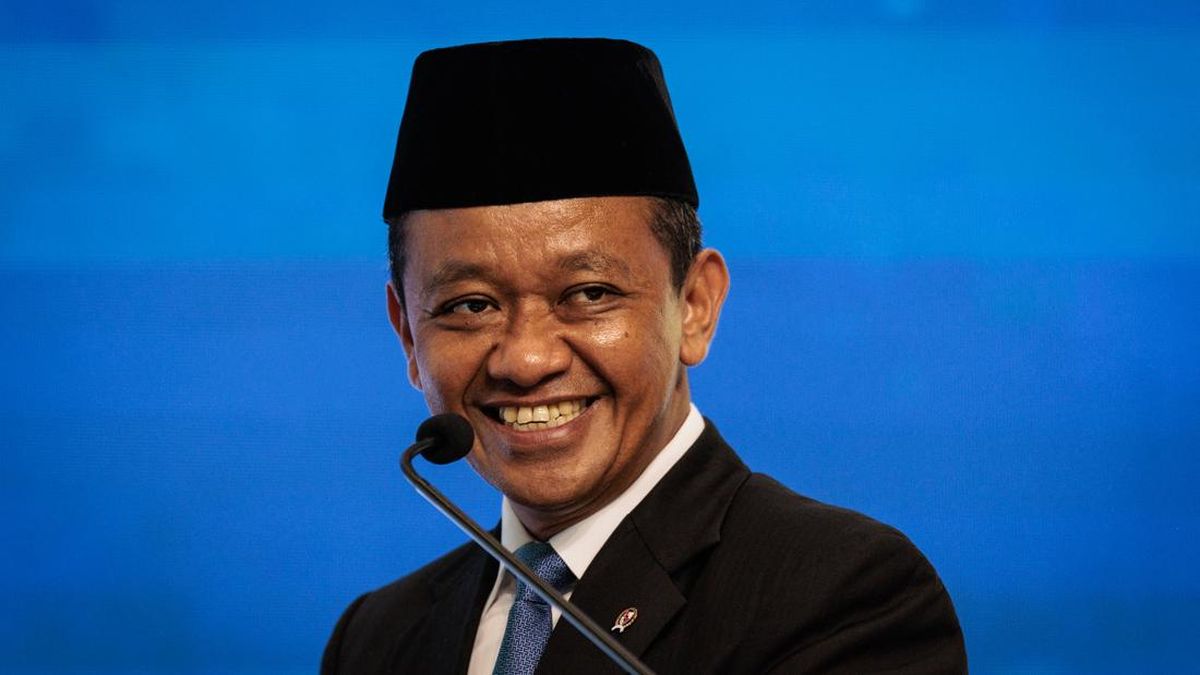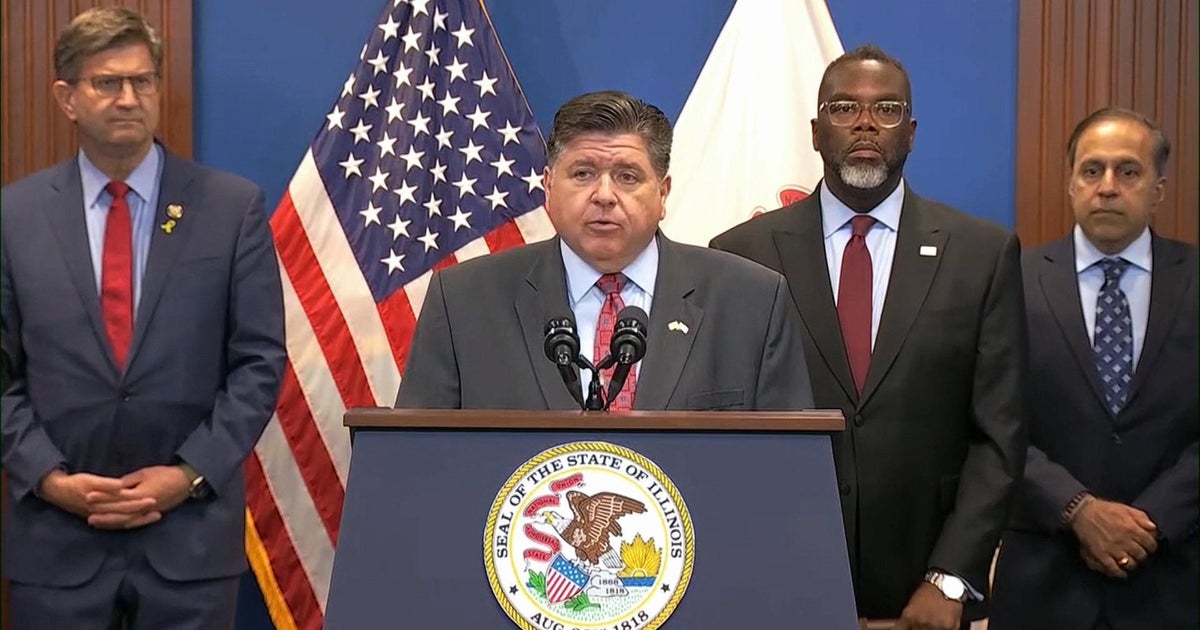They refused to be browbeaten; refused to give in to terror. With Manchester’s Heaton Park synagogue, also called a shul, now a crime scene, those present at the scene of Thursday’s horrifying attack found themselves under police protection in a holding centre across the busy Middleton Road.
They remained defiant and, on the most sacred day of the Jewish calendar, decided the Yom Kippur service should carry on regardless at the evacuation centre.
Rabbi Daniel Walker had continued with the prayers, ringed by police; the blood from tending to survivors still visible on his ceremonial robe, the kittel.
“We’ve obviously got to police quarters, and we continued to do part of the service, because at the end of the day, of course, it’s awkward and it’s difficult and people have got a multitude of emotions going on, but we carried on,” said Rob Kanter, 45, who had been inside the synagogue and survived unscathed.
“We did not do the whole service, but we did what we could in the circumstances.”
The attack had come at 9.30am on Thursday, Manchester time. Within half an hour, the doors of Manchester’s synagogues were being shut and the congregants ordered to go home. Or else kept locked inside their synagogues behind barred gates and fences.
In the wake of the terrorist attack, Manchester’s Jewish community was denied the right to worship on its most important day. Instead of atoning for sins in the shul, the city’s Jews were sent packing for their own safety.
Loading
Outside the Heaton Park synagogue, they later came to mourn. Three quarters of the way through a 25-hour, nil-by-mouth fast, Jews went to the scene to pay their respects and wonder out loud if the UK was still safe for their community.
Manchester is home to more than 25,000 Jews, the highest concentration outside of London.
In Crumpsall, in the north of the city, where the attack took place, where the Jews were murdered, the community was devastated, defiant and a little scared.
On Yom Kippur, when the more religious members of the community have their phones and televisions switched off, the news will have taken time to filter through.
By 7.30pm on Thursday, with Yom Kippur over at sunset, the community could begin the task of talking to each other and rebuilding from the hurt.
Earlier, in the afternoon, large numbers of Jews had gathered at two separate cordons near the Heaton Park synagogue.
Many of the men and young boys were still dressed in the white robes that are traditional on high holidays.
There was a sense of shock and anger, but mainly confusion, the community unable to use their phones to contact friends, family and neighbours to check they were safe.
A 23-year-old Jewish man, who asked not to be named, said: “It’s a close-knit community but the sad thing is that there will be loads of people who don’t know it’s happened because they can’t check their phones – they definitely picked this day on purpose.”
It was, he said, a frightening time to be a Jewish person in Manchester.
“It was only a matter of time. People have been saying this is going to happen again and again and it’s just been a case of preparing for it,” he said.
“I don’t think Manchester has done enough to protect us – in terms of putting security outside synagogues.”
Raphi Bloom, a regular worshipper at the Heaton Park synagogue, described the attack as a “culmination of something the Jewish community has been fearing for two years”.
The shadow of the October 7 attack on Israel by Hamas in 2023 looms large.

The attack happened when Rabbi Walker was leading the Yom Kippur service. Later he comforted his congregation, blood visible on his white robe.Credit: AFP
The anger heaped in the direction of Israel, as a result in part of its response to the atrocity, had left Jews in the UK well aware of the likelihood of reprisals.
”We’ve been faced with a tsunami of Jew hatred since October 7 – vandalism, physical attacks, online abuse, mistreatment in the NHS by medics. University students have been intimidated and been attacked on campus,” Bloom said.
“We’ve had hate marches every week throughout our street with disgusting Holocaust imagery comparing Jews to Nazis.
“And ultimately, almost every Jew in this country realised that this day would come. I never thought it would happen at my synagogue, to my friends, to my rabbi, in my city.
“It’s something we feared would come and has happened because there has been such inaction to tackle this wave of hatred targeting the Jewish community in the UK over a conflict two and a half thousand miles away.”
Bloom called on every Jewish organisation in the UK to have “large fences around it” and 24-hour security.
After hearing that two people had been confirmed dead, Heath Showman, 50, said: “That’s shocking. The worst part is just not knowing who it is.”
He said an attack like this had only been a “matter of time” given the rise of antisemitism since the October 7 attacks.
“It’s been a matter of time. I’ve been coming to this synagogue for 37 years and the security has increased every year but it’s been building over the last couple of years,” he said. “The portrayal of the conflict in Gaza has affected all Jewish people.”
Harry, his 18-year-old son, added: “The hate is always given to Jews when it’s the government who’s doing this.”
The security guards at the synagogue had in the end staved off the attack. And paid, it seems, the ultimate price.
They had confronted the attacker and kept him at bay. Two people died, but the toll had he managed to infiltrate the shul could have been far worse.

Police named Jihad al-Shamie, a British citizen of Syrian descent, as the attacker.
The attacker, who was shot dead by police, has been named as Jihad al-Shamie, a 35-year-old British citizen of Syrian descent.
On the Shabbat – Judaism’s weekly Day of Rest, observed from sundown Friday to nightfall Saturday – and on high holidays, synagogues typically have one security guard on duty, paid for through a Home Office scheme and administered by the Community Security Trust (CST).
The community themselves provide volunteers, men and women, to patrol the doors after a little bit of training from the CST.
They wear a hi-viz jacket and look out for anybody out of the ordinary trying to get in. It’s a voluntary role that comes – as it’s now obvious – with terrifying risks.
Arye Tal, 68, a Manchester businessman who despite his age still performs guarding duty at his local synagogue in the city once a month, said: “It’s something we just have to do. Being on the security team is just a part of being a member of the local synagogue.
“We know the risks we take, we know it may become our worst nightmare. But it’s our duty to try and keep the congregation safe. We always knew this could happen one day.”

Screengrabs of a video posted on social media appear to show the moment police shot the alleged attacker.Credit: Twitter
Rabbi Jonathan Romain, emeritus rabbi of Maidenhead synagogue and a leader of the liberal reform community, said: “This is every rabbi’s or every Jewish person’s worst nightmare.
“Not only is this a sacred day, the most sacred in the Jewish calendar, but it’s also a time of mass gathering, and the time when the Jewish community, however religious or irreligious, gathers together.”
In Crumpsall, there was still little news; little for the community to cling on to as the sun started to set. That would herald a time when they could grieve more easily together.
When the attack happened, Rabbi Walker was leading the Yom Kippur service.
His wife Esther would remain oblivious for some time and then – after she found out – was still unclear if he was alive or not.
Photos would show Walker, alive and safe outside the synagogue, comforting his congregation, some blood visible on his white robes.

Members of the Jewish community speak to police after the terror attack at the Heaton Park Hebrew Congregation synagogue in Manchester on Thursday.Credit: AP
Mrs Walker had heard nothing from her husband in the hours after the attack, however, he was unable to call her and tell her he was safe. It was only when a policeman knocked on her door that she was told he was alive and uninjured.
“I was so relieved but beyond the fact he’s alive and not hurt, I don’t know anything,” she told The Telegraph. “I don’t even know if his mother, who was at synagogue with him, is safe. I’ve heard nothing at all apart from that brief conversation with the police officer.”
It was only when The Telegraph visited the couple’s home on Thursday afternoon that she became aware two people had been killed in the attack and that the suspect had been shot by police moments later.
“Oh, I hope he can come home soon. I just need to see him and so does my daughter here,” she said.
Born in England, Mrs Walker had grown up in Israel and was no stranger to acts of terror. “I know what it is to have terrorists running around stabbing people and blowing up buses, so we’re not immune to this. But it’s just awful, awful, wherever it is,” she said.
She waited at home, praying for her husband, for his congregation and for those killed by the terrorist. “I just want him home safe, and everyone else who was there to come home safe,” she said.

Forensic police at the scene of the attack..Credit: Getty
Telegraph, London
Get a note directly from our foreign correspondents on what’s making headlines around the world. Sign up for our weekly What in the World newsletter.

